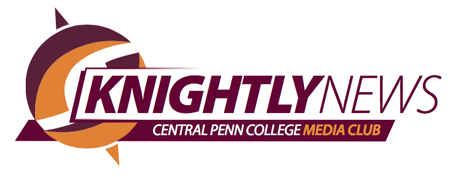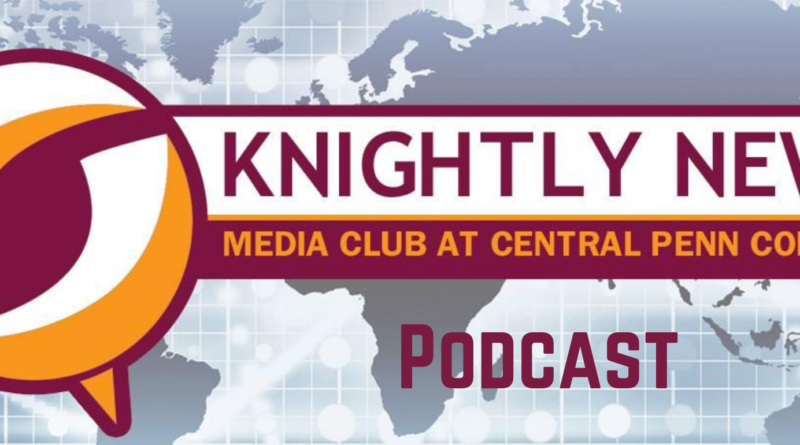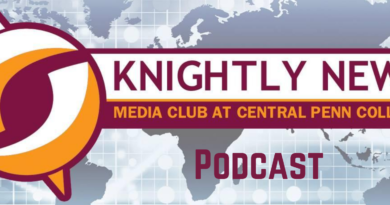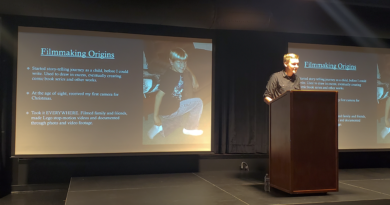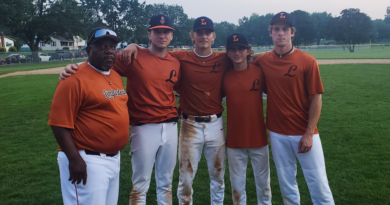Knightly News Presents: Name/Image/Likeliness in the NCAA
By Paul Miller
Knightly News Co-Adviser
and
Andrew Hunter
Knightly News Reporter
On a special episode of the Knightly News Presents, Knightly News Vice President Andrew Hunter and Co-Adviser Paul Miller debate the effectiveness of name/image/likeness (NIL) rules in the NCAA. During the show, they discuss both positive aspects and negative consequences since the new rules have been enacted and wonder if there might be a better way to move forward.
NIL deals in the NCAA refer to the ability of college athletes to profit from their own name, image and likeness. Historically, NCAA rules prohibited athletes from monetizing their personal brand, which limited their opportunities to earn income from endorsements, sponsorships and other commercial ventures. However, recent developments have allowed athletes to benefit from their NIL rights.
NIL deals involve athletes entering into agreements with various companies or brands to endorse or promote their products or services. These agreements can range from social media collaborations and product endorsements to appearances and autograph signings. Athletes can now leverage their popularity, talent and personal brand to generate income while still participating in college sports.
While this has been a boon for college athletes looking to monetize their brand, there have already been some highly questionable practices in the early stages of this venture.
On the podcast, Hunter and Miller provide an introduction to NIL, then argue the pros and cons of the shift in college athletics. The duo ends the episode by debating alternative ways for NIL to continue to work without the potential for foul play.
Editor’s Note: This podcast was created as a class assignment for COM270: Writing for Broadcast Media.
